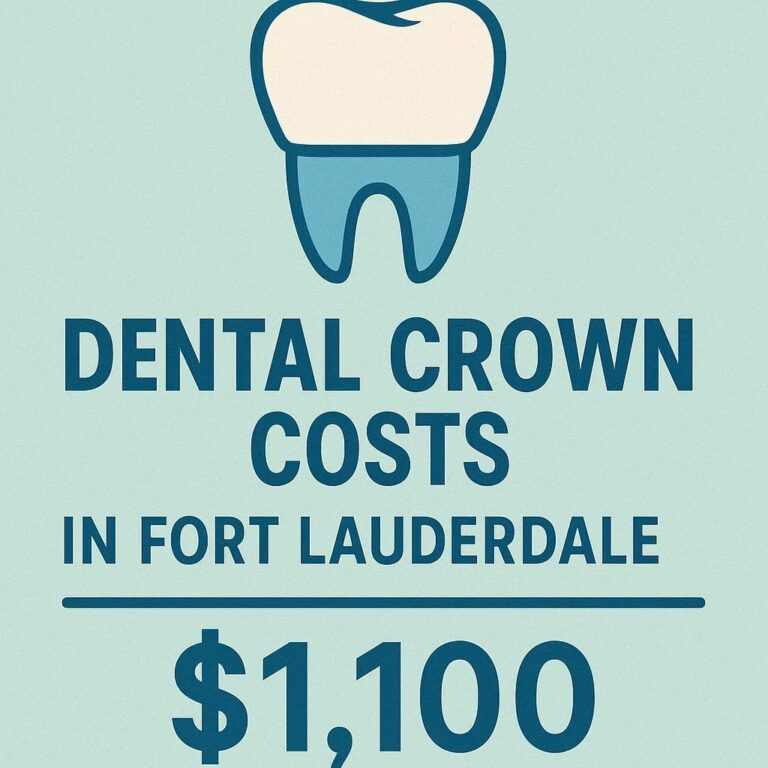Teeth Cap Prices: Types, Costs, and Factors Affecting Your Decision
A bright, healthy smile is not just about aesthetics—it’s a crucial aspect of overall health. Dental crowns, commonly known as “teeth caps,” play a vital role in restoring damaged, decayed, or weakened teeth. However, one of the biggest concerns for patients is the cost of dental crowns.
Prices vary widely based on materials, location, and dental expertise. This comprehensive guide explores everything you need to know about teeth cap prices, including types, cost factors, insurance coverage, and money-saving tips. Whether you need a crown for cosmetic reasons or dental health, this article will help you make an informed decision.

2. What Are Dental Caps (Crowns)?
A dental crown is a tooth-shaped cap placed over a damaged tooth to restore its shape, size, strength, and appearance. Crowns are used when fillings aren’t enough to protect the tooth. They are cemented into place, fully encasing the visible portion of the tooth above the gum line.
Common Reasons for Needing a Dental Crown:
-
Severe tooth decay
-
Cracked or broken teeth
-
After a root canal treatment
-
Large fillings that weaken the tooth
-
Cosmetic enhancements (discolored or misshapen teeth)
3. Types of Dental Caps and Their Costs
The price of a dental crown depends largely on the material used. Below is a breakdown of the most common types:
1. Porcelain-Fused-to-Metal (PFM) Crowns
-
Pros: Strong, natural-looking, durable (lasts 10-15 years).
-
Cons: Metal line may show at the gum, not ideal for front teeth.
-
Cost: $800 – $1,500 per crown.
2. All-Ceramic or All-Porcelain Crowns
-
Pros: Best for aesthetics, metal-free, ideal for front teeth.
-
Cons: Less durable than PFM or zirconia.
-
Cost: $1,000 – $2,500 per crown.
3. Gold Crowns
-
Pros: Extremely durable, less tooth removal required.
-
Cons: Metallic appearance, not aesthetically pleasing.
-
Cost: $900 – $2,500 per crown.
4. Zirconia Crowns
-
Pros: Strongest material, biocompatible, natural-looking.
-
Cons: Higher cost, may wear down opposing teeth.
-
Cost: $1,000 – $2,500 per crown.
5. E-Max (Lithium Disilicate) Crowns
-
Pros: Highly aesthetic, strong, ideal for front teeth.
-
Cons: Expensive, not as strong as zirconia for molars.
-
Cost: $1,200 – $2,800 per crown.
6. Stainless Steel Crowns
-
Pros: Affordable, used mainly for children’s baby teeth.
-
Cons: Not aesthetic, temporary solution.
-
Cost: $300 – $600 per crown.
7. Temporary Crowns
-
Pros: Short-term protection while waiting for a permanent crown.
-
Cons: Less durable, prone to breaking.
-
Cost: $100 – $300 per crown.
4. Factors Affecting Teeth Cap Prices
Several factors influence the final cost of a dental crown:
A. Material Used
-
Porcelain and zirconia are more expensive than metal crowns.
B. Dentist’s Expertise and Location
-
Prices vary by country and city (e.g., crowns in the U.S. cost more than in Mexico or India).
C. Lab Fees and Customization
-
Handcrafted crowns from high-end labs cost more.
D. Additional Procedures
-
Root canal ($500 – $1,500)
-
Core buildup ($200 – $500)
-
Gum treatments ($300 – $1,000)
E. Dental Insurance Coverage
-
Most plans cover 50%–80% of the cost (if medically necessary).
5. Average Teeth Cap Prices Worldwide
| Country | Average Cost (Porcelain Crown) |
|---|---|
| United States | $1,000 – $2,500 |
| United Kingdom | £500 – £1,500 ($650 – $2,000) |
| Canada | $800 – $2,000 CAD |
| Australia | $1,100 – $2,300 AUD |
| Mexico | $300 – $800 |
| India | $200 – $600 |
| Thailand | $400 – $1,000 |
6. Does Insurance Cover Dental Crowns?
Most dental insurance plans cover 50%–80% of the crown cost if it’s medically necessary (e.g., after a root canal). Cosmetic crowns are usually not covered.
7. How to Save Money on Teeth Caps
-
Dental Discount Plans (Save 10%–60%)
-
Dental Tourism (Mexico, India, Thailand offer lower costs)
-
Payment Plans (Many dentists offer financing)
8. How Long Do Dental Crowns Last?
-
Porcelain & Zirconia: 10–15 years
-
Gold Crowns: 20+ years
-
Temporary Crowns: Few weeks to months
9. Signs You Need a Dental Crown
-
Severe toothache
-
Cracked or broken tooth
-
Large fillings weakening the tooth
-
Discolored or misshapen teeth
10. The Procedure: What to Expect
-
Consultation & X-rays
-
Tooth Preparation (Filing down the tooth)
-
Impressions Sent to Lab
-
Temporary Crown Placement
-
Permanent Crown Cementation (2 weeks later)
11. Risks and Complications
-
Tooth sensitivity
-
Crown loosening or falling off
-
Allergic reactions (rare)
12. Alternatives to Dental Crowns
-
Dental Veneers (For cosmetic issues)
-
Inlays/Onlays (Partial coverage)
-
Tooth Extraction + Implant (For severely damaged teeth)
13. FAQs About Teeth Cap Prices
Q1: What is the cheapest type of dental crown?
A: Stainless steel crowns ($300–$600), but they are mostly temporary.
Q2: How much does a zirconia crown cost?
A: $1,000–$2,500, depending on location and dentist.
Q3: Can I get a crown without a root canal?
A: Yes, if the tooth isn’t infected.
Q4: How can I make my crown last longer?
A: Avoid chewing hard foods, maintain good oral hygiene.
Q5: Does Medicare cover dental crowns?
A: No, Medicare does not cover most dental procedures.
14. Conclusion
Dental crown costs vary based on material, location, and additional treatments. Porcelain and zirconia crowns offer the best aesthetics, while gold and PFM provide durability. Insurance may cover part of the cost, and options like dental tourism can reduce expenses. Always consult your dentist to choose the best crown for your needs.


